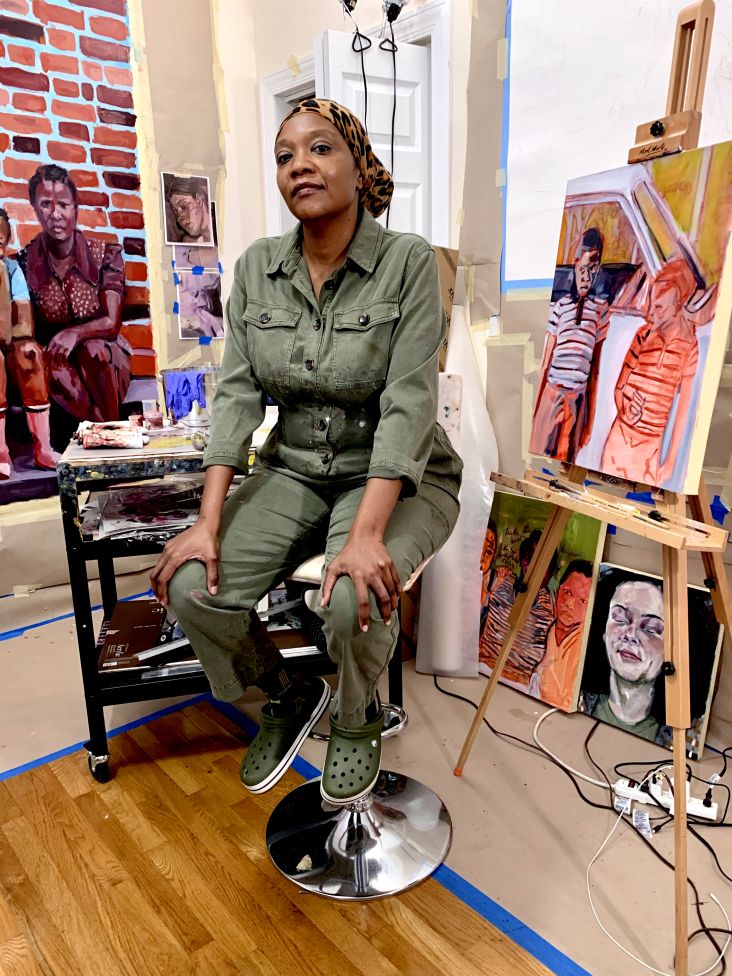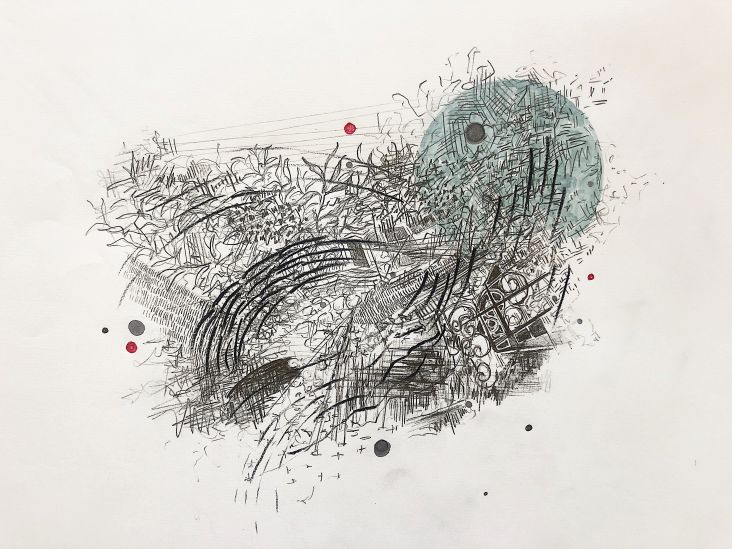Artist collaborates with her daughter to recreate pivotal moments from her childhood in the 1980s
Through deadpan portraits and handwritten texts, American artist Diane Durant has collaborated with her daughter Andie to recreate pivotal moments from her childhood in the 1980s.
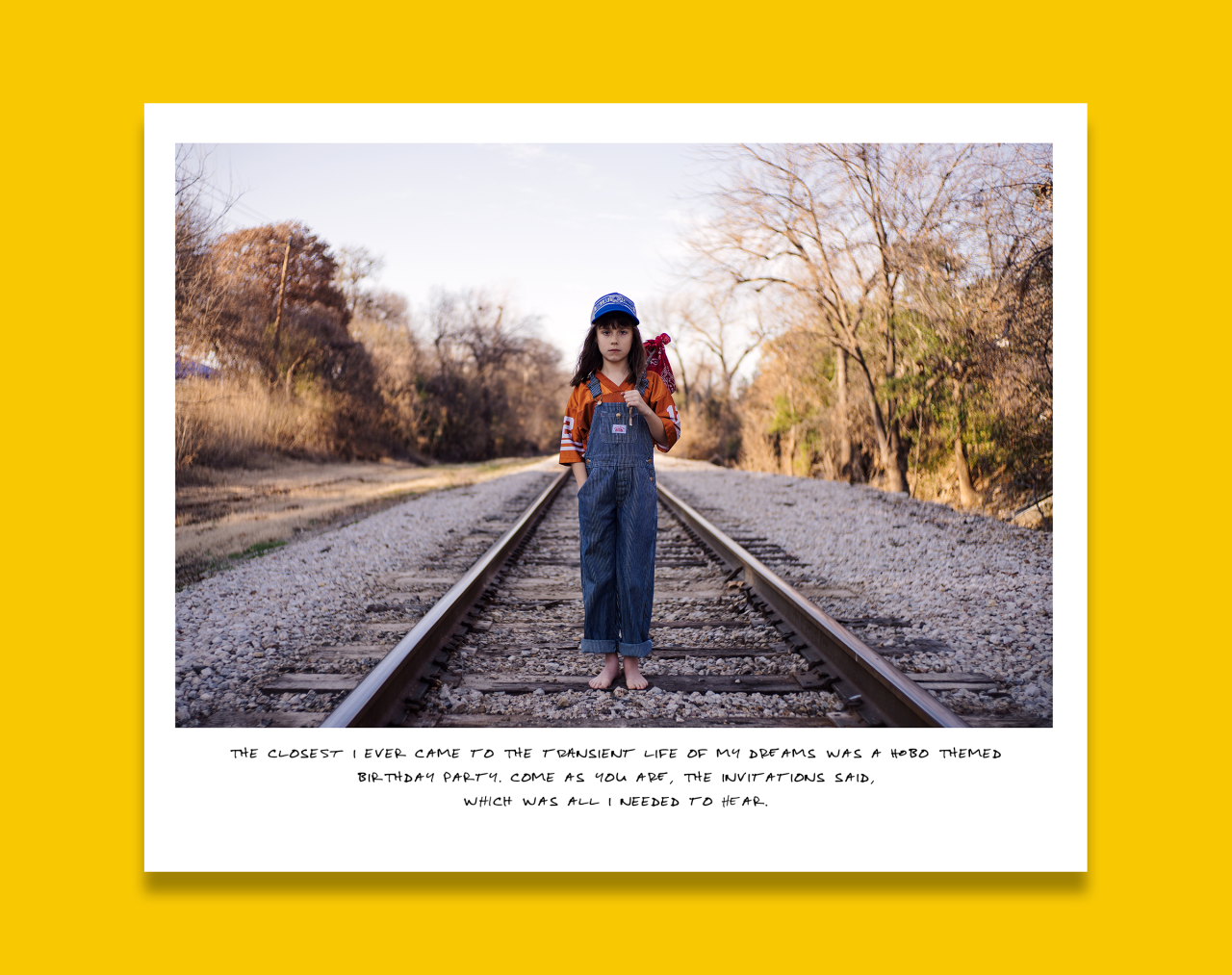
The photographs, which feature Andie in authentic clothing from that decade, bring back memories for Durant: "The series puts a new spin on old histories as my daughter stands in for a youthful me – the one I remember and the one I wasn't quite allowed to be." Together, Durant and her daughter relive and rewrite childhood stories through this restorative approach to image-making and storytelling.
The series, Stories, 1986-88, is now available as a new book, published by Daylight, which she describes as "a photographic reconciliation of all the things I couldn't change with all the things that never were, with a dash of adult-level cynicism and a handful of childlike innocence – a synergy as compelling as it is relatable, if not entertaining, hopefully."
The pictures and text reveal that Durant and her brother were raised by adopted parents and that their father had a drinking problem. "I wasn't supposed to talk about the alcoholism and the anger, the fear or the confusion, and I'm probably still not. But those truths shaped me into the woman I am today, into the mother I am definitely, just as much as my proclivities for arcade games and the art of sarcasm that seem more biological than environmental."
During this period Durant wanted to express herself as the tomboy she felt like inside, but her mother – and the entire small Texas community where they lived, it seemed – preferred the more female-gendered attire. The photographs in the book depict Durant (played by Andie) being who she wants to be.
In the book's foreword, clinical psychologist Sheree Gallagher, PsyD writes: "This collection of photographs looks back at early childhood memories and externalizes a personal story in order to address both painful and joyful times ... There is great value in looking back, in telling our story, and it takes courage to accept and then represent our personal truths in an honest way. Emotionally charged memories may bias our perspective as we recall only the positive and deny the negative; or we may focus on the negative, rejecting the positive and harbouring bitterness, shame, anger, or sadness. This range of responses and feelings influences how we interact with our past, live our present, and consider our future."
The process of creating this book enabled Durant to connect with her daughter through the power of photography. The book is dedicated to Andie. "For my daughter, who can be whomever she wants to be (now that she's no longer being me)."
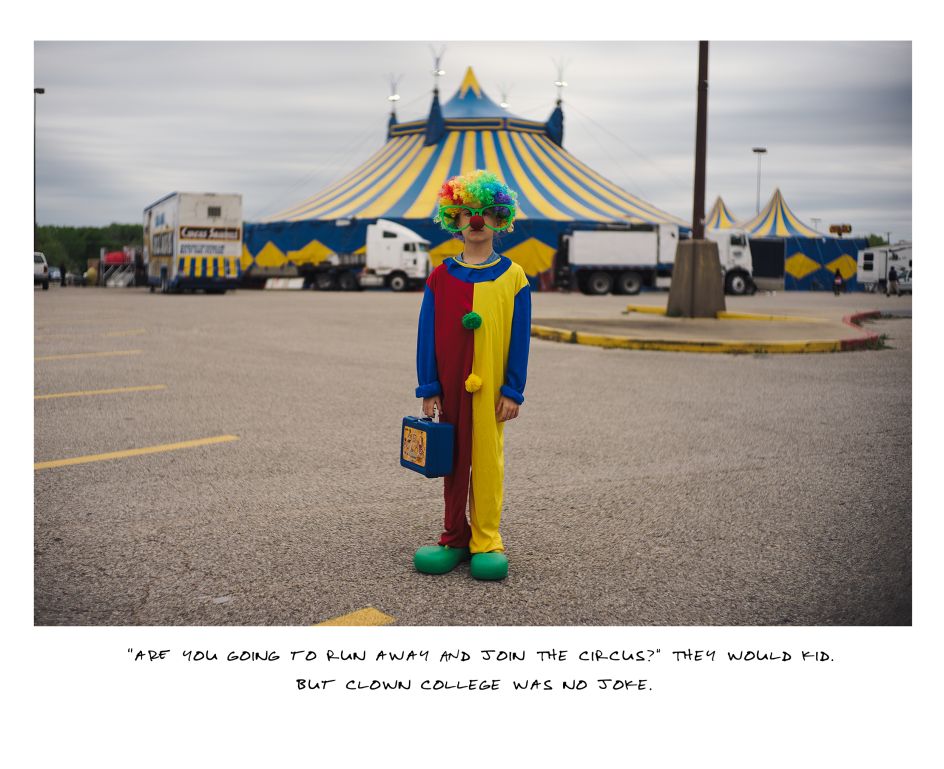
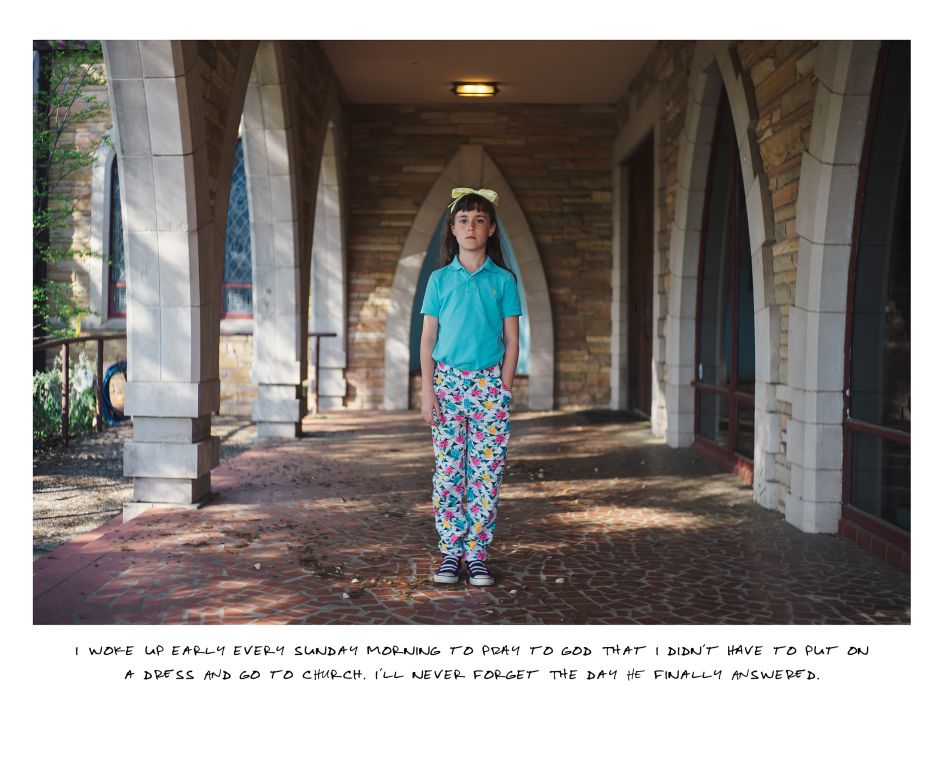
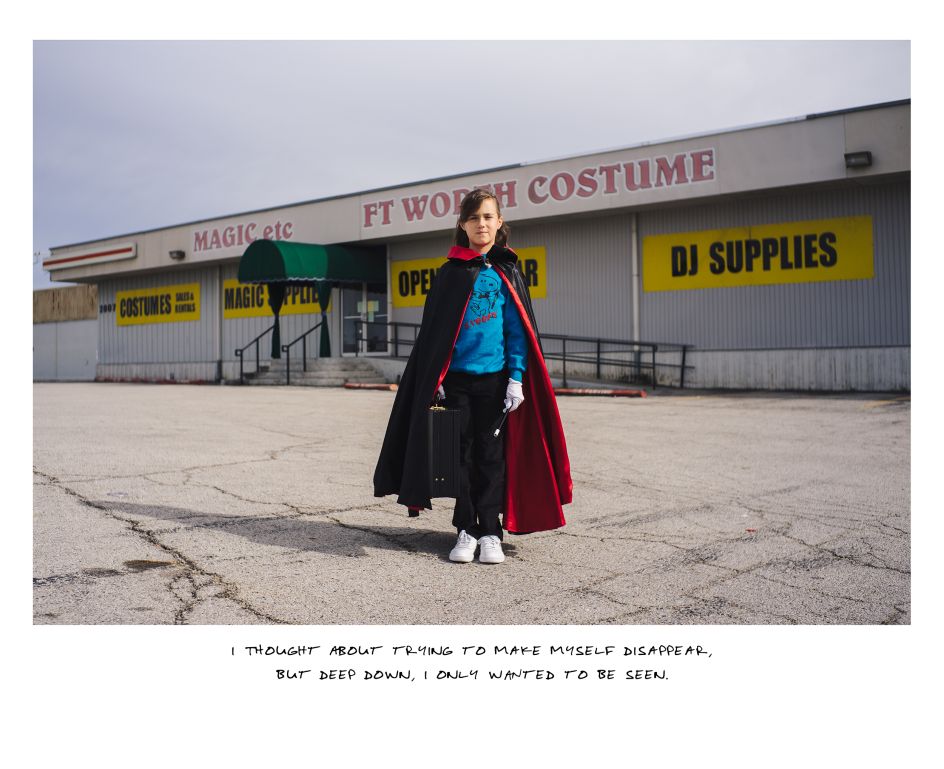
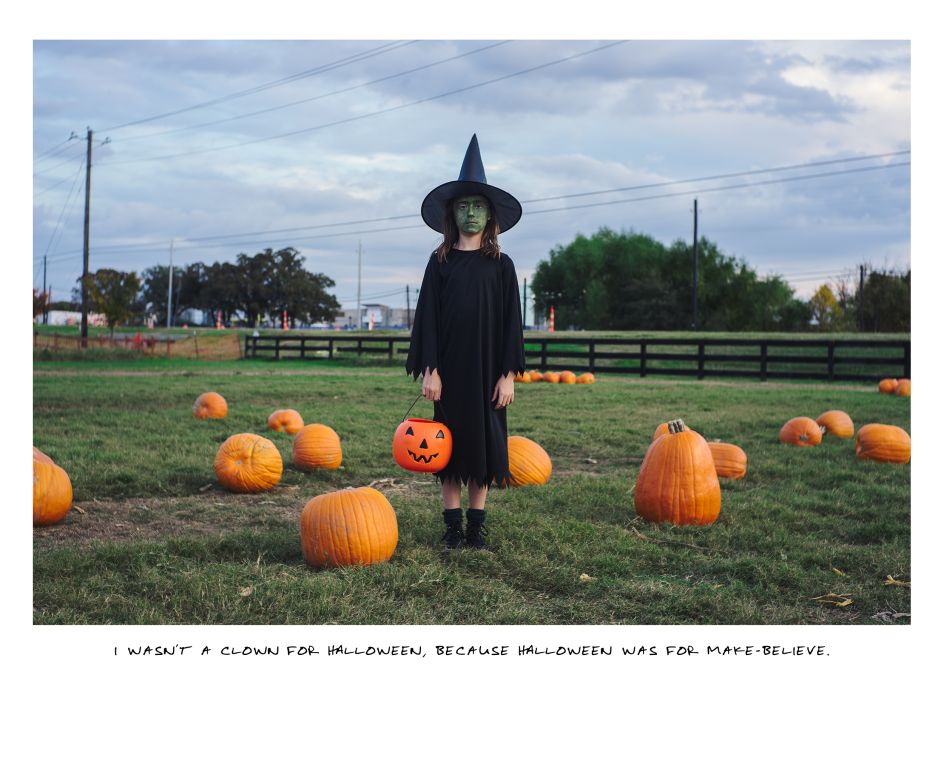
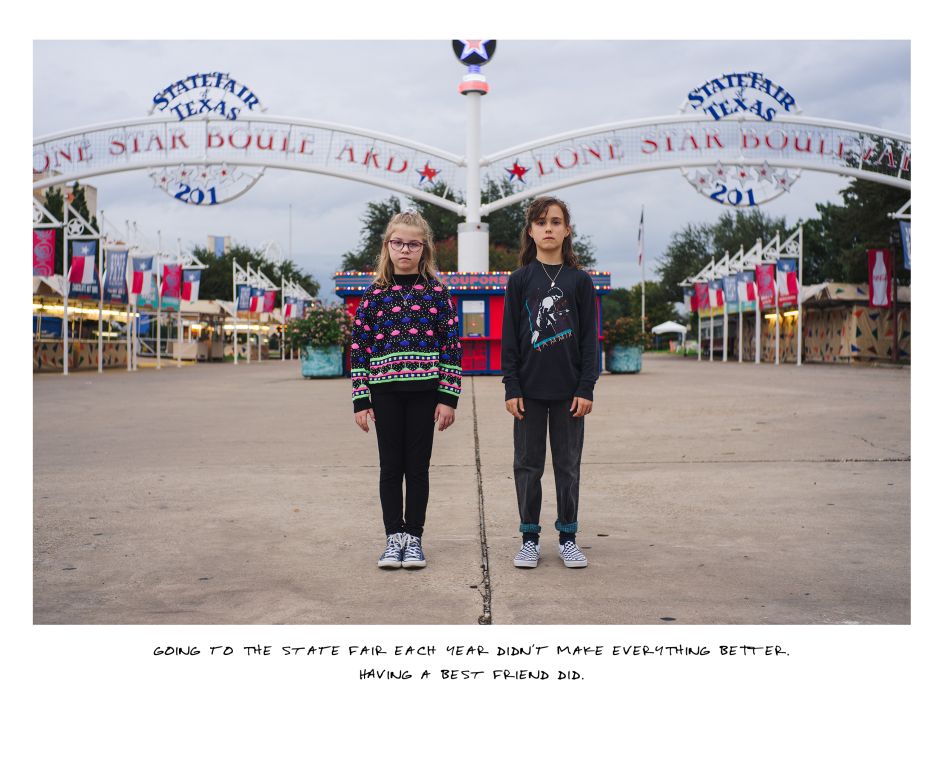
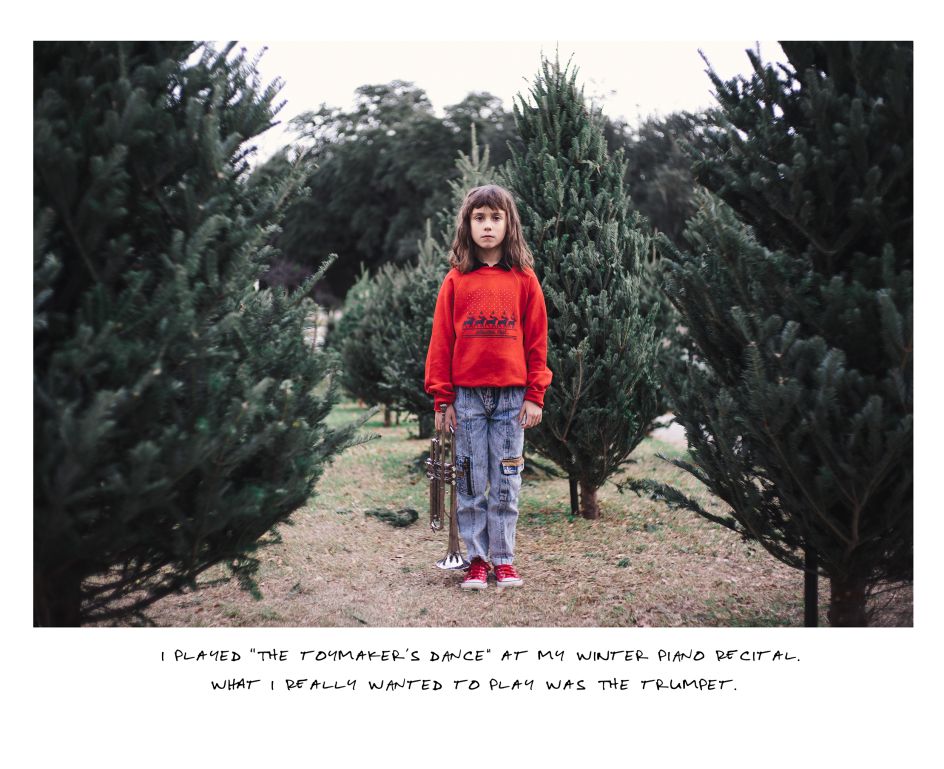
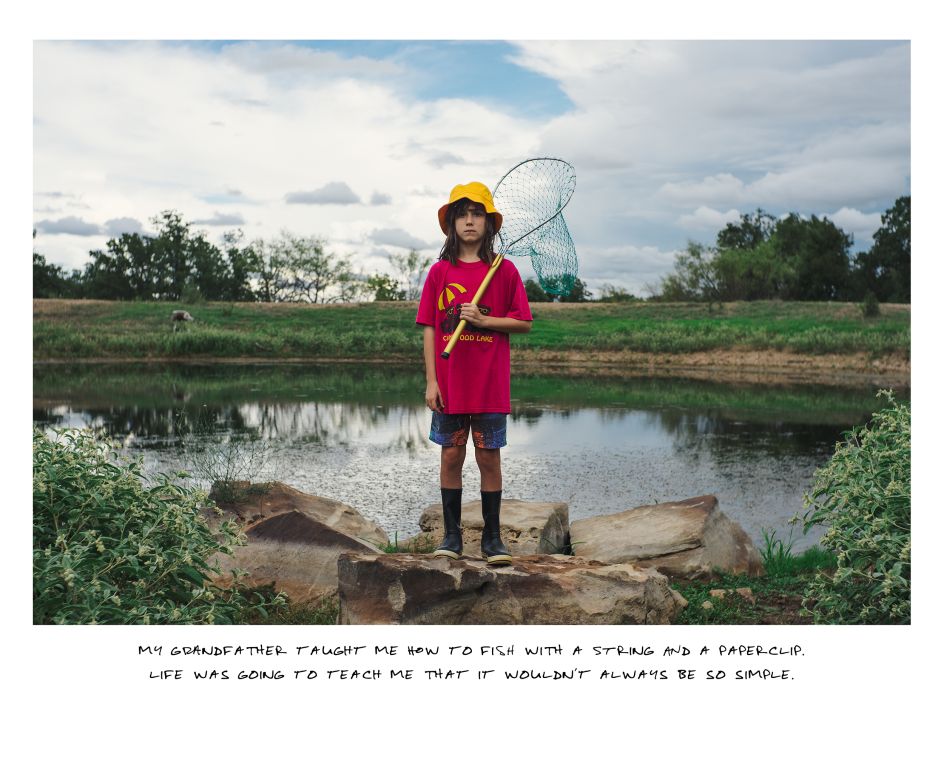
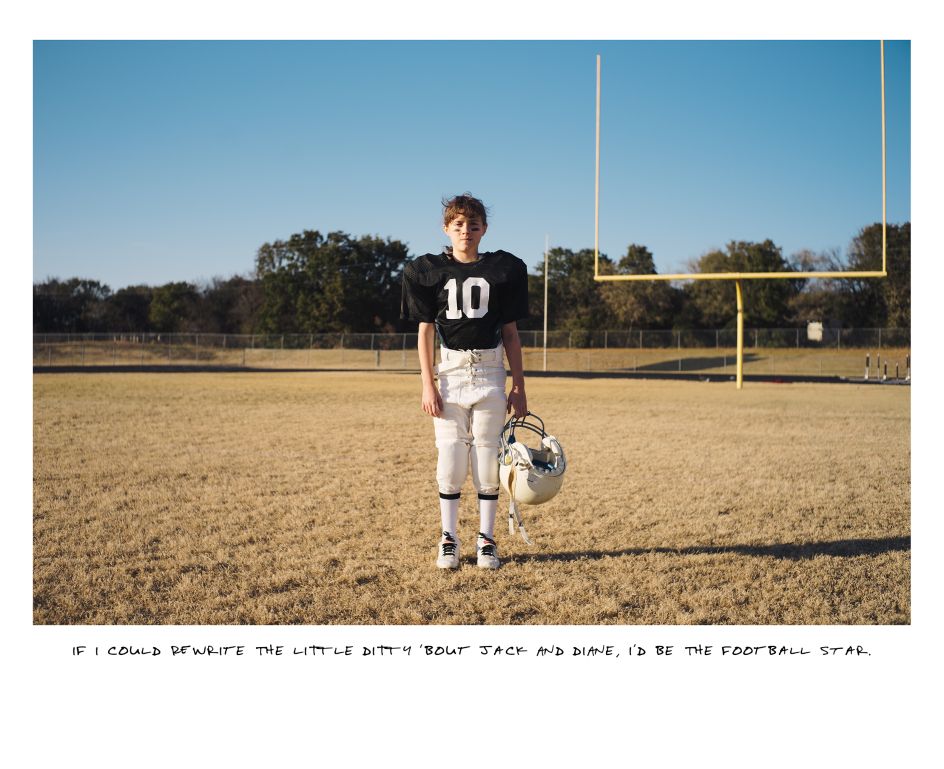
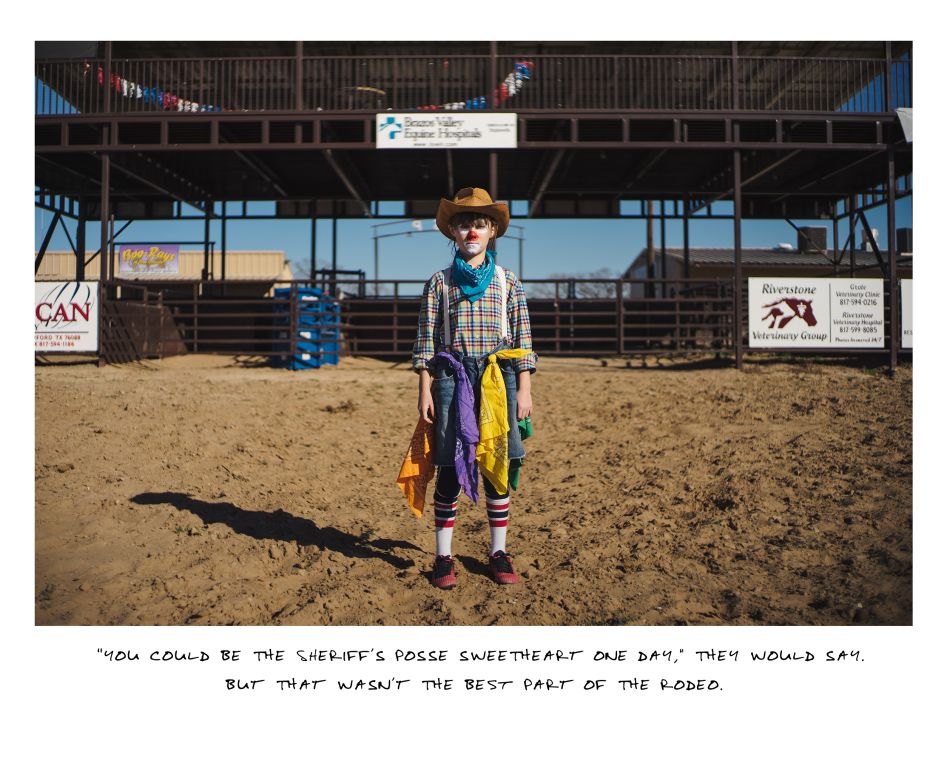
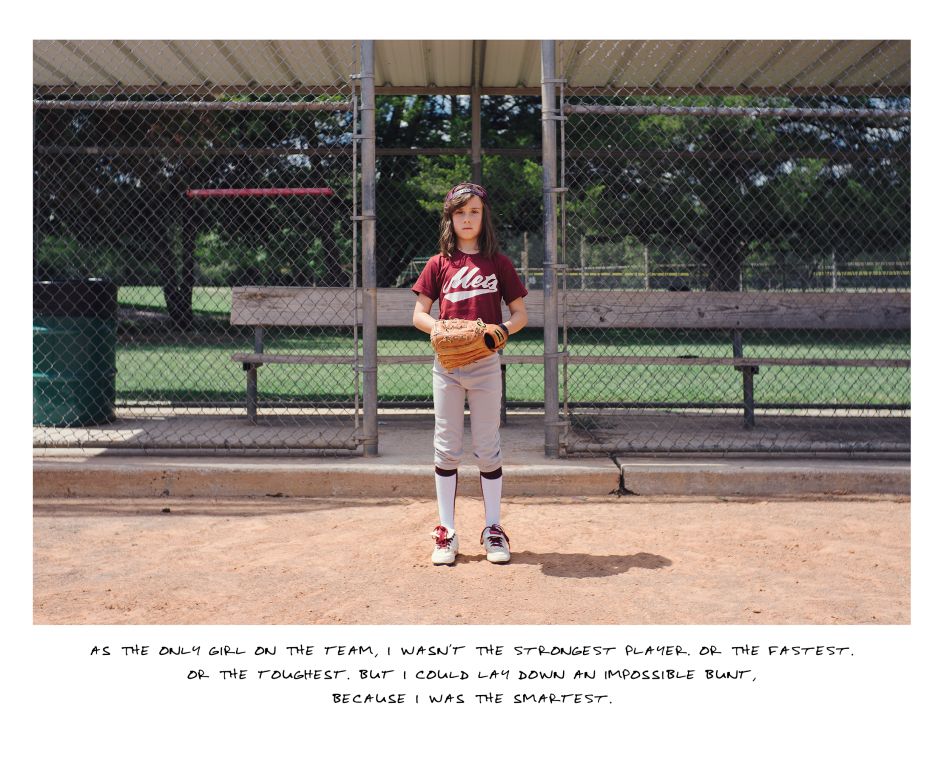
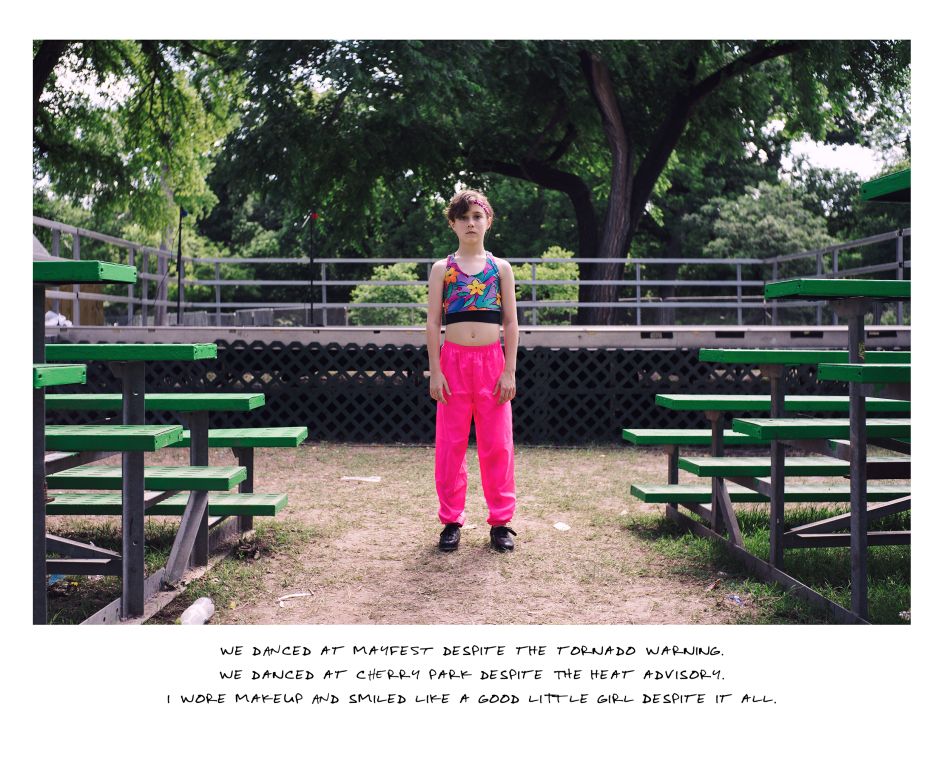




 by Tüpokompanii](https://www.creativeboom.com/upload/articles/58/58684538770fb5b428dc1882f7a732f153500153_732.jpg)

 using <a href="https://www.ohnotype.co/fonts/obviously" target="_blank">Obviously</a> by Oh No Type Co., Art Director, Brand & Creative—Spotify](https://www.creativeboom.com/upload/articles/6e/6ed31eddc26fa563f213fc76d6993dab9231ffe4_732.jpg)










](https://www.creativeboom.com/upload/articles/31/31dda3fc87e3dd0fcefa4dd76e680c979d6ed70e_732.jpeg)


